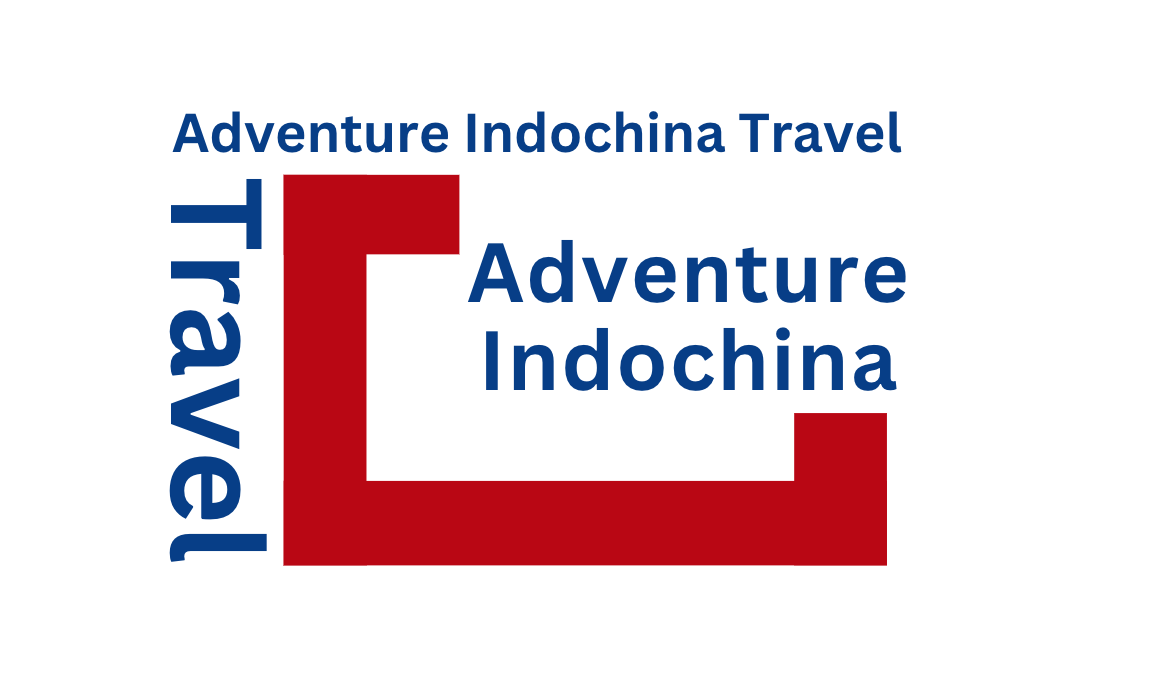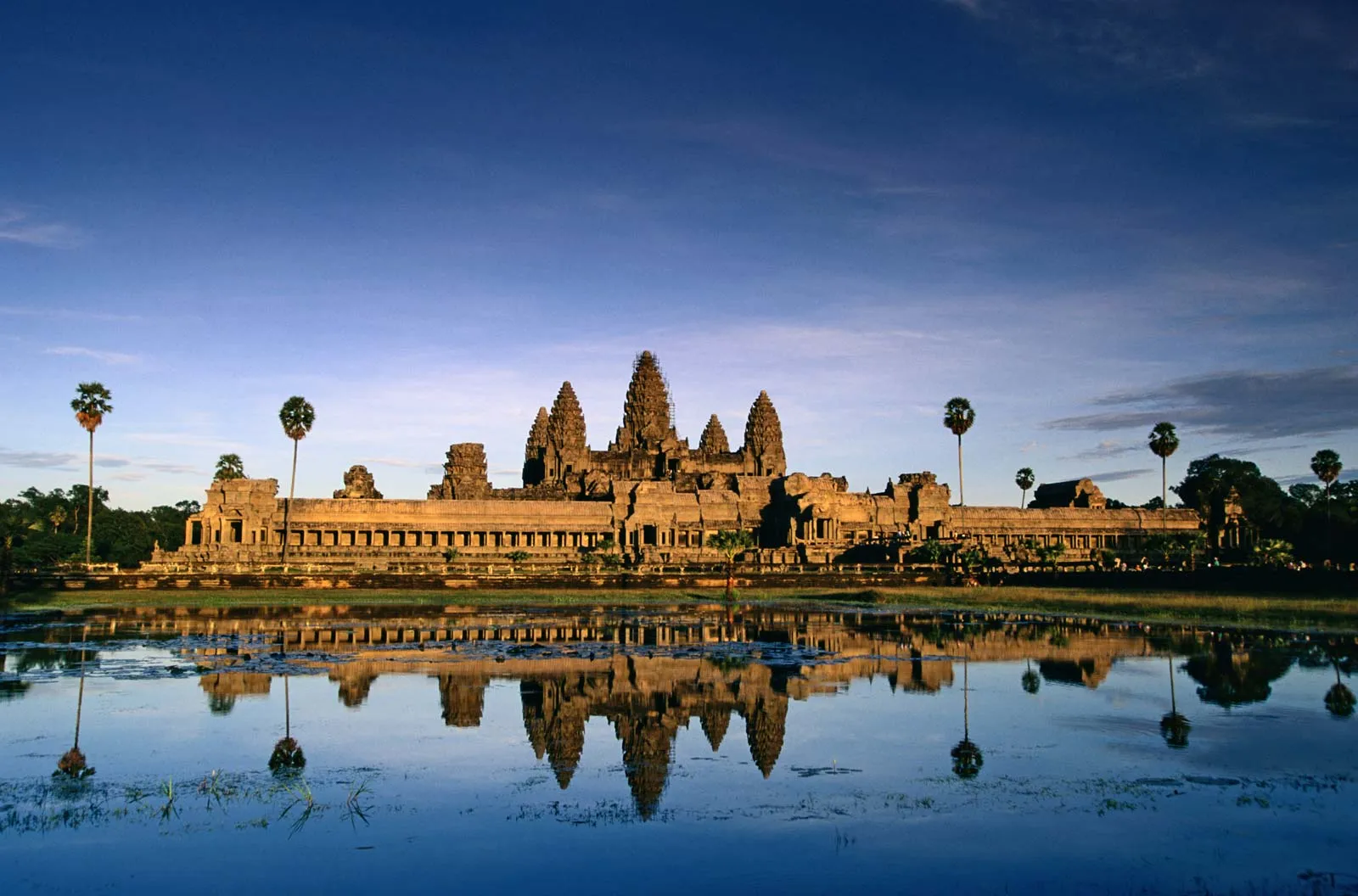
Cambodia is a country with a resilient spirit and rich heritage. Although its past has been marked by hardship—most notably under the Khmer Rouge regime—Cambodia has emerged as one of Southeast Asia’s most captivating travel destinations. Today, the warm smiles of the Khmer people, their vibrant culture, and the breathtaking natural and historical landscapes offer a deeply rewarding experience for visitors.
This guide offers essential information to help you prepare for and make the most of your journey to Cambodia.
A Glimpse into Cambodia’s History and Recovery
Cambodia was under French colonial rule until 1953. However, the dark period of the Khmer Rouge from 1975 to 1979 devastated the country’s infrastructure and population. Only in recent decades has Cambodia begun to recover and open up to tourism.
Despite remaining one of the region’s poorer nations, Cambodia’s cultural wealth is undeniable—stunning temples, unspoiled forests, pristine beaches, and a culinary tradition influenced by neighboring Vietnam, Thailand, and a touch of France.
When to Visit Cambodia
Cambodia has a tropical climate with temperatures averaging around 27°C (80°F) year-round.
- Dry Season (November–March): Most popular for tourists due to pleasant weather.
- Green Season (April–October): Expect daily showers, typically in the afternoon, which rarely disrupt travel. This season brings lush greenery, fewer crowds, and often lower prices.
Tip: Travel in early wet season (May–June) for a great balance of mild weather and fewer tourists.
Customs and Entry Regulations
- Duty-Free: Standard limits on alcohol, tobacco, and perfume.
- Prohibited Items: Weapons and animals (unless permitted). Recreational drugs are strictly illegal.
- Prescription Medications: Carry only necessary quantities with documentation.
- Currency Declarations: Declare if carrying over USD $10,000.
Language
The official language is Khmer, influenced historically by Sanskrit, Thai, and French.
- English is widely spoken in tourist areas and increasingly taught in schools.
- French may be spoken by older generations.
- Chinese signage appears in some urban and commercial zones.
Currency and Payments
- Official Currency: Cambodian Riel (KHR).
1 USD ≈ 4,000 Riel
Both US dollars and Thai Baht are accepted in many areas. - Note: Ripped or worn US bills may be refused; Riel notes are more forgiving.
- ATMs: Available in cities and major towns.
- Cards: Widely accepted in urban areas; surcharges (2–4%) may apply.
- Money changers: Often offer better rates than banks.
Bargaining Etiquette
Bargaining is common in markets, tuk-tuks, and souvenir shops—but always with respect:
- Avoid haggling in restaurants or places with fixed menus.
- For markets and tourist spots (e.g., Angkor Temples): Always negotiate politely.
- Tip: If you’re uncomfortable bargaining, simply walk away—vendors will often offer a lower price on their own.
Cultural Note: Cambodians value face-saving. Always negotiate respectfully and with a smile.
Business Hours
- Banks: Open 08:00–15:00/16:00 (closed weekends).
- Post Offices: 07:30–17:00 weekdays; Saturdays until 11:00.
- Shops & Markets: Operate extended hours; night markets are popular in tourist areas.
Public Holidays
Cambodia has numerous public holidays, many rooted in Buddhism and royalty. Some key dates:
- Jan 1: New Year’s Day
- Jan 7: Victory over Genocide Day
- April 13–16: Cambodian New Year
- May 13–15: King’s Birthday
- Oct 15: Father King’s Commemoration Day
- Nov 9: Independence Day
- Nov: Water Festival (dates vary)
When a holiday falls on a weekend, the following Monday may be observed.
Visas
- Tourist Visa (T-class): Valid for 30 days, extendable once.
- Ordinary/Business Visa: Can be extended for long-term or multiple entries.
- E-Visa: Available online for most nationalities—saves time on arrival.
- Overstay Penalty: Daily fines; overstaying may result in blacklisting or detention.
Tip: Apply for an e-visa in advance to avoid queues or scams at borders.
Cultural Dos and Don’ts
Dos
- Ask permission before photographing people.
- Remove shoes and hats when entering religious sites or homes.
- Dress modestly—especially in temples (cover shoulders and knees).
- Greet others with a polite bow and hands together (the “Sampeah” gesture).
- Bring small gifts (fruit or flowers) when visiting homes or attending weddings.
Don’ts
- Never point your feet at people or religious objects.
- Avoid touching anyone’s head.
- Don’t touch or hand items directly to monks (especially if you’re a woman).
- Public displays of affection are discouraged.
- Don’t drink tap water—stick to bottled water.
Safety Tips
Cambodia is generally safe, but some caution is advised:
- Pickpocketing and bag-snatching can occur, particularly in crowded areas or from motorbikes.
- Avoid walking alone late at night in poorly lit or unfamiliar areas.
- Secure your valuables in hotel safes, and use discretion when carrying cash or electronics.
- Make photocopies of important documents in case of loss.
- Be cautious of unofficial police or corrupt officers—use common sense and avoid confrontations.
Scams to Avoid
- Border scams (e.g., inflated visa costs): Have U.S. dollars ready, know the official price, and ideally travel with a reputable tour operator.
- Tuk-tuk overcharging: Always agree on a price beforehand.
- “Helpers” at borders or markets: Politely decline unsolicited assistance.
With organized Cambodia tours or trusted local guides, these issues are easily avoided.
Final Thoughts
Cambodia offers an unforgettable mix of ancient wonders, authentic experiences, and warm hospitality. The majestic temples of Angkor, the vibrant culture, and resilient people make it a destination that leaves a lasting impression. Use this guide to prepare for your journey, approach the culture with respect, and embrace the charm of this beautiful country.
Safe travels—and enjoy your Cambodia adventure!



